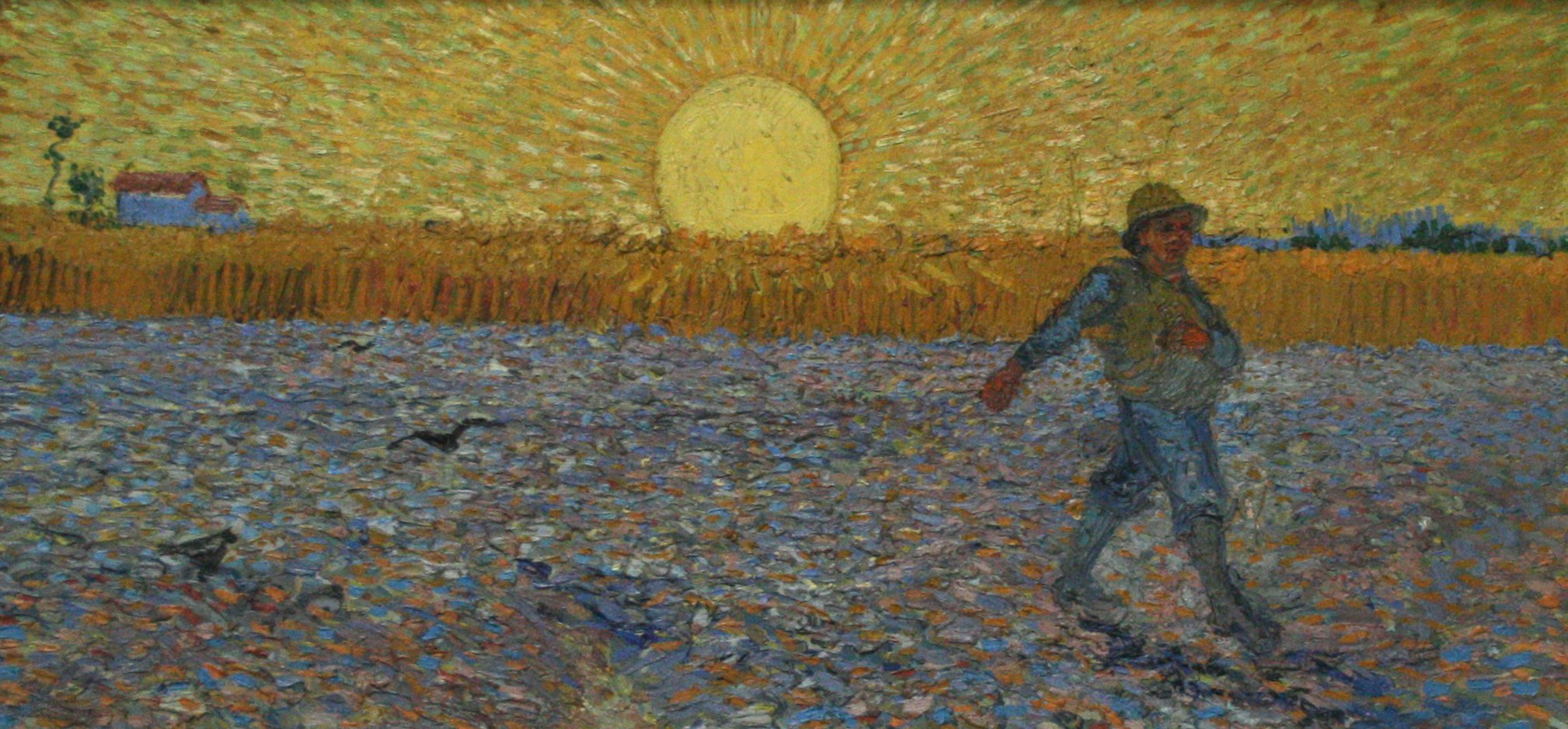A Spirituality of Fundraising
In my work with Hoiland Media, many of my clients are nonprofits. They vary in size and scope, and their communications needs ebb and flow over the course of the year. But there’s one time of the year when they especially need to have their messaging dialed in. I’m talking about the month of December.
That’s because nearly one-third of all nonprofit giving occurs during December. In fact, an estimated 12% of annual giving occurs in the final three days of the year alone. So while everyone else is sleeping off their eggnog and taking some much-deserved time off, nonprofit fundraising staff are busy earning their keep by gently (or not so gently) nudging their supporters to make those crucial year-end gifts.
Although the specifics of my work vary from client to client, a significant part of my job is to craft the messages used in fundraising campaigns and appeals. I know, I know. That sounds… icky. And it certainly can be. We’ve all seen the cringe-worthy “flies in the eyes” charity ads that appeal to guilt while disregarding the dignity of those being depicted. And God knows we’ve received mailers from organizations that peddle in sensationalism and fear, scaring us into writing a check as a last-ditch effort to hold off an impending cultural apocalypse of one sort or another.
But as Henri Nouwen reminds us in his wonderful little book A Spirituality of Fundraising, it doesn’t need to be this way. “From the perspective of the gospel,” he writes, “fundraising is not a response to a crisis. Fundraising is, first and foremost, a form of ministry. It is a way of announcing our vision and inviting other people into our mission.”
Even more, Nouwen goes on to say, fundraising is a call to conversion – for the giver and the fundraiser alike. While giver and fundraiser might naturally consider themselves to be in a somewhat adversarial relationship (one has money; the other asks for it), both parties “meet on the common ground of God’s love.” Both, after all, have been recipients of God’s good gifts. Both of us recognize real needs in the world. Both understand that God calls us to meet those needs – tangibly, generously, together.
Seen in this way, fundraising isn’t an icky undertaking at all. “As a form of ministry,” Nouwen writes, “fundraising is as spiritual as giving a sermon, entering a time of prayer, visiting the sick, or feeding the hungry.”
Further, this ministry is a bridge-building enterprise that aims to establish and strengthen relationships in many directions – including fundraisers and givers. But those renewed and strengthened relationships must extend even further, to those we sometimes refer to unthinkingly as “beneficiaries.” Indeed, charities and donors alike can fall into the trap of viewing “the poor” as an abstraction. But in the economy of the kingdom, that’ll never do. “The poor are held in the heart of God,” Nouwen writes. “We need to remember that the rich are held there too.”
If fundraising as ministry is an invitation to repentance, it is also an invitation to freedom. Jesus taught that our hearts cannot be divided for long without grave consequences: “No slave can serve two masters; for a slave will either hate the one and love the other, or be devoted to the one and despise the other. You cannot serve God and wealth” (Luke 16:13). This verse may first bring to mind those who have been entrusted with money, but we shouldn’t assume those who have been called to raise money are somehow off the hook. Slavery to wealth can take numerous forms.
Above all, Nouwen reminds us, fundraising as ministry “is grounded in prayer and undertaken in gratitude.” When we approach fundraising prayerfully, with grateful hearts, we will ask for money with a very different posture. And when we give from the overflow of grateful, prayerful hearts, we will give quite differently as well.
I can attest that fundraising is not for the faint of heart, and I’m grateful we have turned the calendar from the intensity of December to the slightly slower pace of January. Nor would I deny that fundraising has its fair share of moral and spiritual dangers. But seen as a ministry – as an invitation to freedom, to renewed relationships, to joy – I’m reminded that God’s ways are above our ways and his thoughts are above our thoughts. So when we’re thanking him for our resources, we can also thank him for that.
